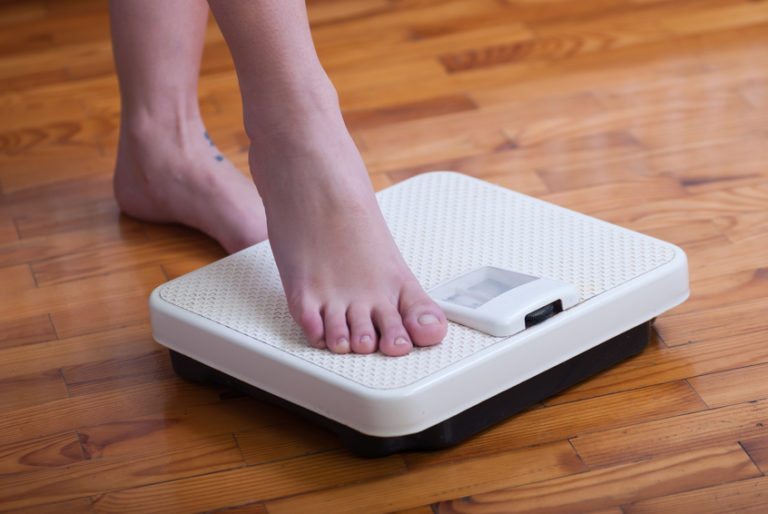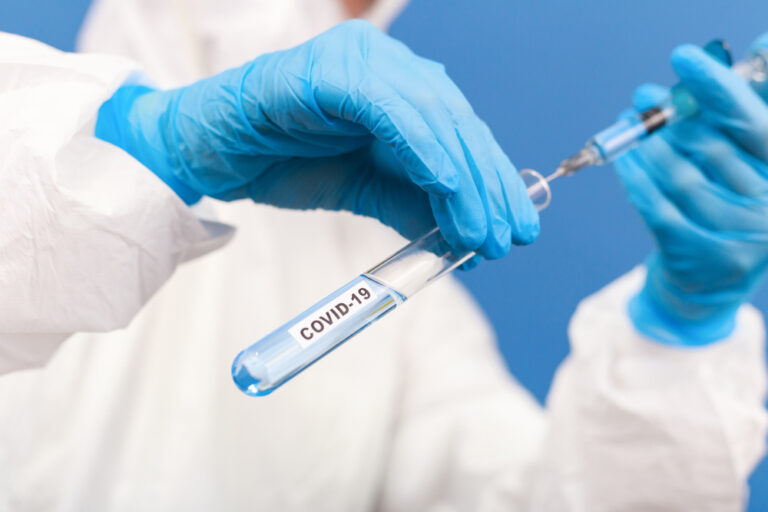
1. Stress
As we have previously mentioned, stress is one of the most common triggers of psoriasis. It can also be the factor of a psoriasis outbreak for the first time. The best way to control your psoriasis flares is to manage stress. First, try to discover the root causes of stress.
If you can spot them by yourself, seek medical health. A psychologist will most likely help you determine your stress factors. He or she will also advise you on some stress-relief strategies. So, if your psoriasis flares are due to stress, it’s crucial to determine the root causes in order to avoid future flares.
2. Medication
If you’re living with this autoimmune skin disorder, you already know that medication is a common psoriasis trigger. But do you know what medications can cause flare-ups? Antimalarial drugs like Plaquenil or chloroquine, Inderal, lithium, quinidine (medication for heart health), and indomethacin, a well-known drug that’s prescribed for arthritis, are several meds that can trigger your psoriasis flares.
Take into consideration that a psoriasis flare triggered by medication may not appear immediately. Some psoriasis patients reported flares provoked by meds after several weeks. However, these meds are crucial in certain medical treatments, do not stop taking them without your doctor’s approval.

























